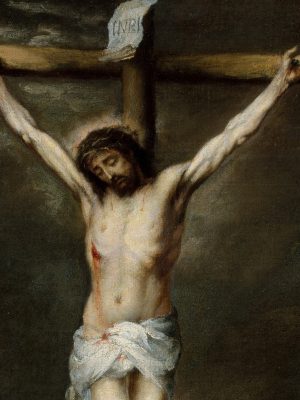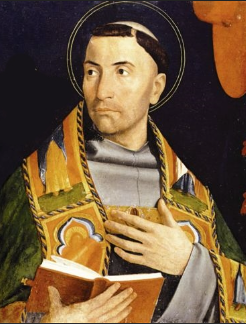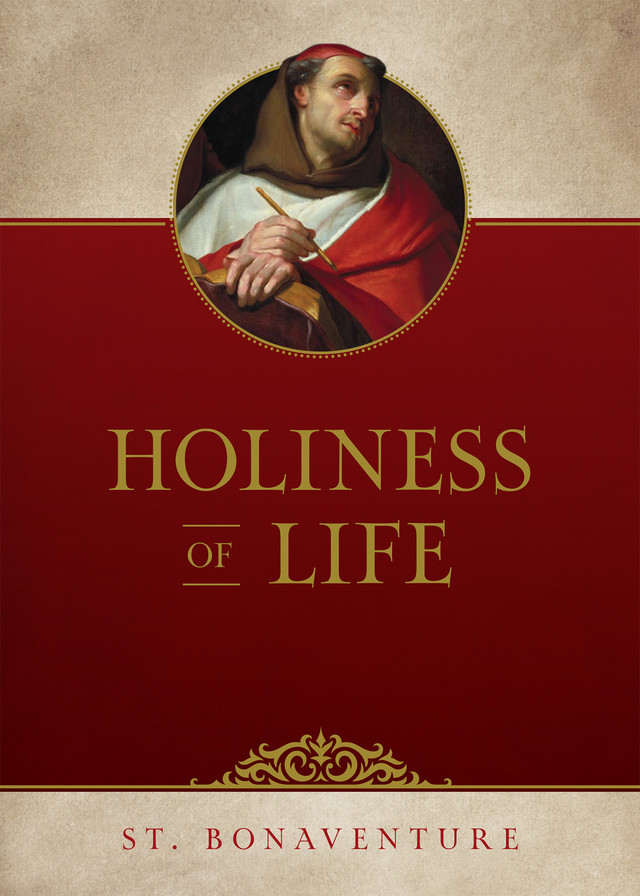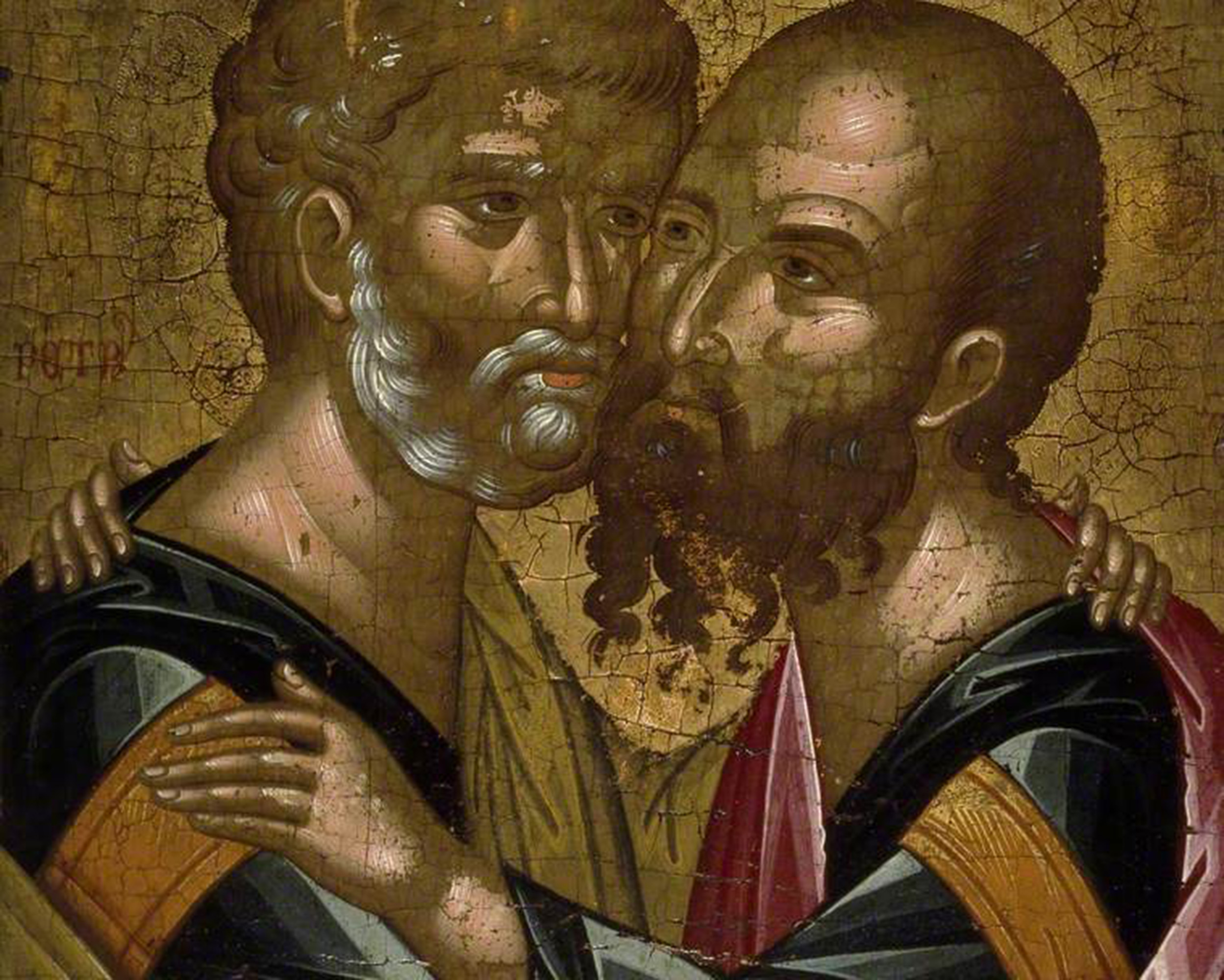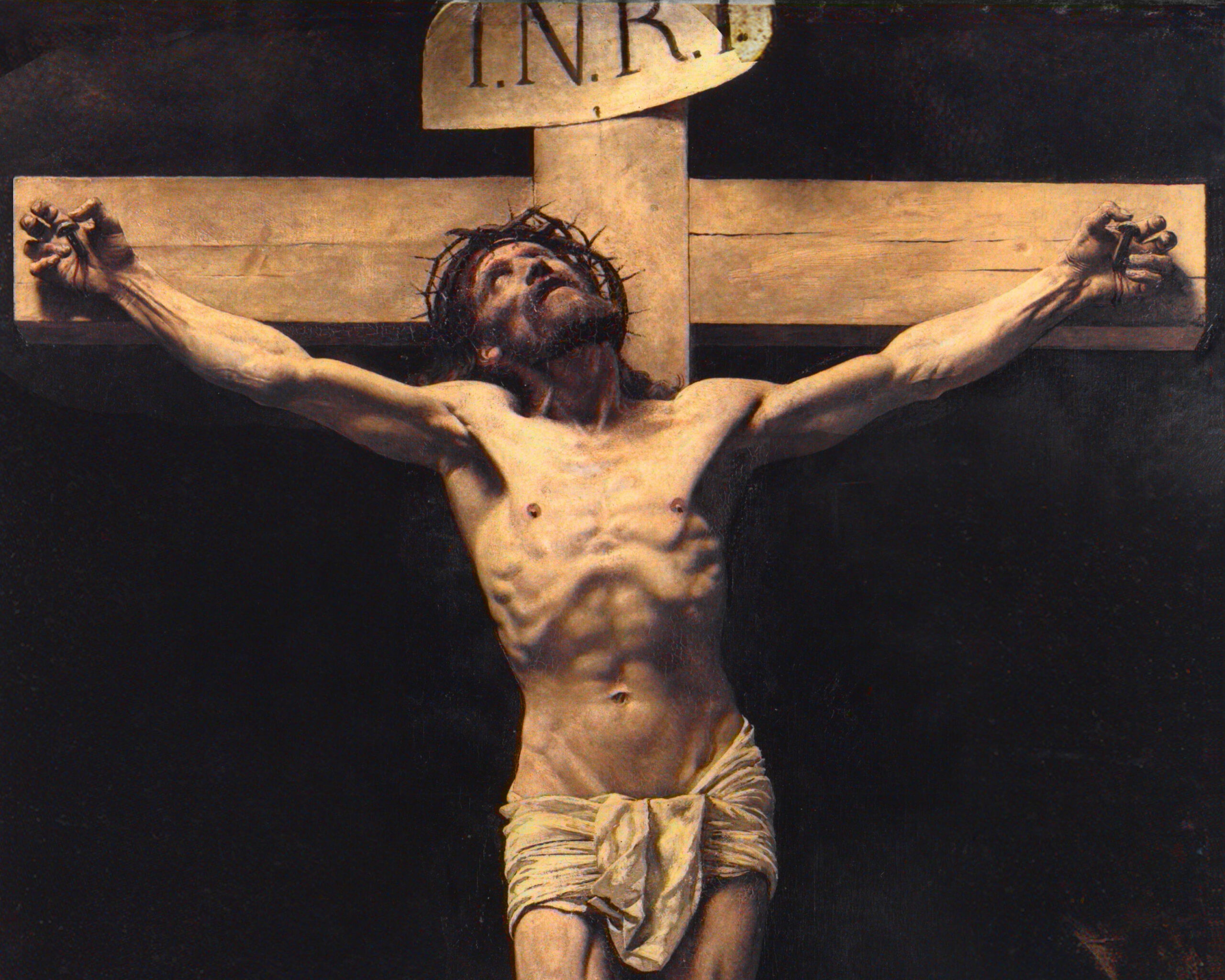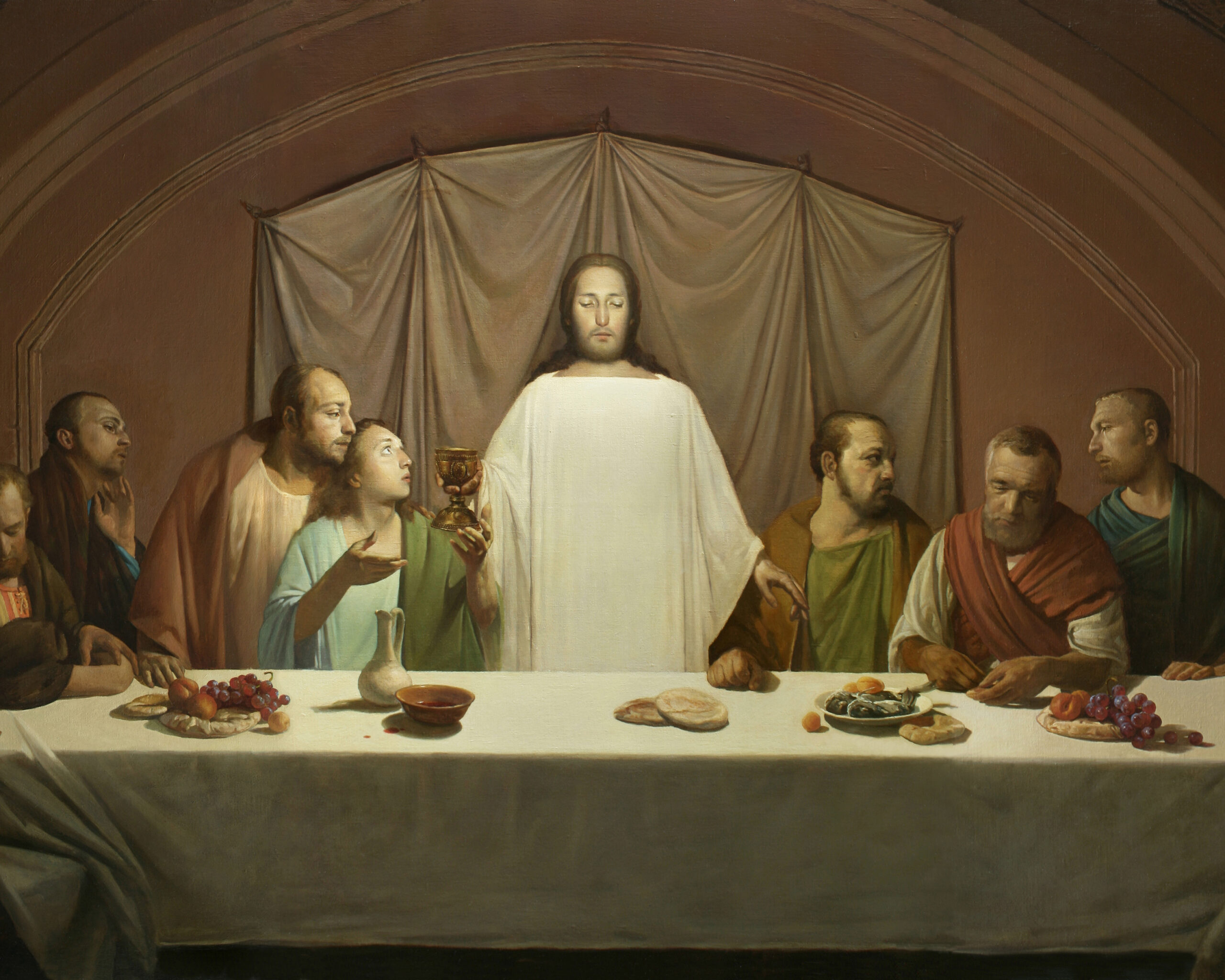Meditation on the passion of Christ should serve as fuel for our love for God. We ought to strive daily to remember the sufferings of Our Savior and to allow ourselves to be transformed by Him. Follow this excerpt from Holiness of Life, as Saint Bonaventure discusses the remembrance of Christ’s passion.
Christ’s Death Should Be Ever Present in Our Minds
Christ’s death on the Cross should live in our thoughts and imagination, for frequent thought on the Passion of Christ keeps aflame and brings to intense heat the fires of earnest piety. We must picture to the eyes of our heart Christ dying on the Cross if we would prevent the fires of devotion within us burning themselves out. An apposite quotation bears this out: “The fire on my altar shall always burn, and the priest shall feed it, putting wood on it every day” (Levit. Vi, 12.)
Let me explain, most devout Mother. The altar of God is your heart. On the altar of your heart the fire of intense heat must burn constantly. You must feed the fire each day with the wood of the cross and the remembrance of the Passion of Christ. Isaiah, the prophet, preaches a similar truth: “You shall draw waters with joy out of the Saviour’s fountains” (Is. xii, 3.) In other words, if the grace of tears, the tears of thanksgiving, the tears of fervent piety are sought, such tears must be drawn from the Saviour’s fountains—that is, from the five wounds of Jesus Christ.
Be Transformed Into Christ
Draw near, O handmaid, with loving steps to Jesus wounded for you, to Jesus crowned with thorns, to Jesus nailed to the gibbet of the Cross. With the Blessed Apostle St. Thomas, so not merely gaze on the print of the nails in Christ’s hands; be not satisfied with putting your finger into the holes made by the nails in His hands; neither let it be sufficient even to put your hand into the wound in His side (Cf. John xx, 25, 27.) But enter bodily by the door in His side and go straight up to the very Heart of Jesus. There, burning with love for Christ Crucified, be transformed into Christ.
Fastened to the Cross by the nails of the fear of God, transfixed by the lance of the love of your inmost heart, pierced through and through by the sword of the most tender compassion, seek for nothing else, wish for nothing else, look for consolation in nothing else except in dying with Christ on the Cross. Then, at last, will you cry out with Paul the Apostle: “I have been crucified with Christ. I live, now not I; but Christ liveth in me” (Gal. ii, 19, 20.)
How to Meditate Upon the Passion of Christ
When you meditate on the passion of Christ proceed as follows: Think how Christ’s sufferings were the most disgraceful, the most bitter, the most complete, and the most protracted.
In the first place, O worthy handmaid of God, dwell on the fact that the death of Jesus Christ, your Spouse, was the most disgraceful possible. I say the most disgraceful because he was crucified as a thief and a highway robber. The old Law reserved the punishment of death by crucifixion for the villainous among thieves and the utterly criminal among robbers (Cf. Num. xxv, 4; Deut. xxi, 22 sq.; II Kings xxi, 6–9; Esth. vii, 10 and ix, 13; also Gal. iii, 13.)
Reflect for a moment, and realise how Christ suffered greater disgrace than usually befell a criminal. He was crucified on Mount Calvary, a place disgusting and vile because of its associations (Matt xxvii, 33; Mark xv, 22; Luke xxiii, 33; John xix, 17; and cf. S. Bonav. on Wisd. ii 19 etc., Com. on John xix, 17; Luke xxiii, 33.) It was a heap of dead men’s bodies and bones, and was the spot given over to the execution of those condemned to death for murderous deeds. There only vile criminals were beheaded; only vile criminals were hanged or crucified.
Consider even a little longer how greatly disgraced was your Spouse. As though He were unfit to live or die upon the earth, He was raised into the air and was hanged between heaven and earth. O worthy indignity! O fitting injury! The earth is refused to the Lord of the earth. Nothing in the world is considered viler than the Lord of the world. His condemnation was an insult; to crucify Him was still worse. “He was numbered and condemned among the wicked” (Isa liii, 12.) To compel Him to die shoulder to shoulder with criminals increased His shame. Lastly they put Him to death on the vile hill of Calvary and thus intensified His shame beyond understanding. Christ suffered the very extremity of insult and unparalleled disgrace.
Christ the Innocent Victim
Once again, exercise your attention and come to a better understanding of Christ’s bitterly cruel death. When a person is innocent of a crime, the more innocent he is, the more poignantly does he feel the punishment inflicted. If Christ had endured the tortures of His passion because of His own sins, His sufferings would have been somewhat tolerable. But “He did no sin, neither was guile found in his mouth” (I Pet. ii, 22.) Pilate bore witness to this: “I find no cause of death in Him” (Cf. John xviii, 38.) So too testifies the seventh chapter of the Book of Wisdom: He is “the brightness of eternal light, and the unspotted mirror of God’s majesty, and the image of His goodness” (Wisd. vii, 26.)
Why Did Jesus Allow His Blood to Be Shed?
O good Jesus, O sweetest Jesus! Not merely drops of blood, but rivers of blood flowed liberally from Your five wounds when Your body was hanging nailed to the cross! Blood flowed in torrents from Your head when you were crowned with thorns! Blood flowed from the whole of Your body whilst You were being scourged with the lash! Blood flowed from Your heart when You were pierced with the lance! If any blood remained in You, it could have been only by a miracle! Tell me, oh, tell me, O sweet Lord, why did You shed so much blood? Why did you shed all the blood of Your body? One drop of Your sacred precious blood would have sufficed for the world’s redemption. Why did you do it? I know, O Lord, why. It was simply and solely to show how much You love me.
ooo
This article is taken from a chapter in Holiness of Life by Saint Bonaventure which is available from TAN Books.


